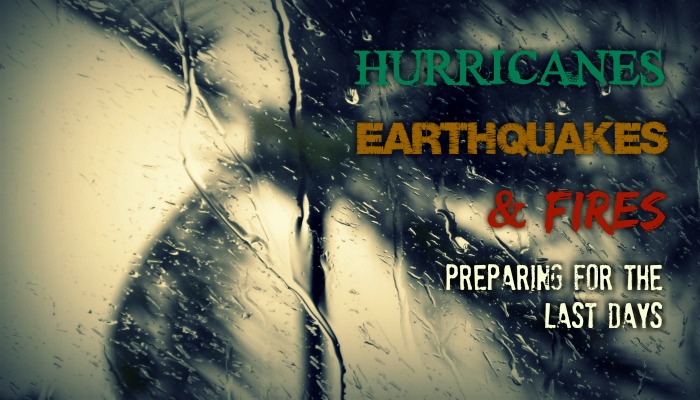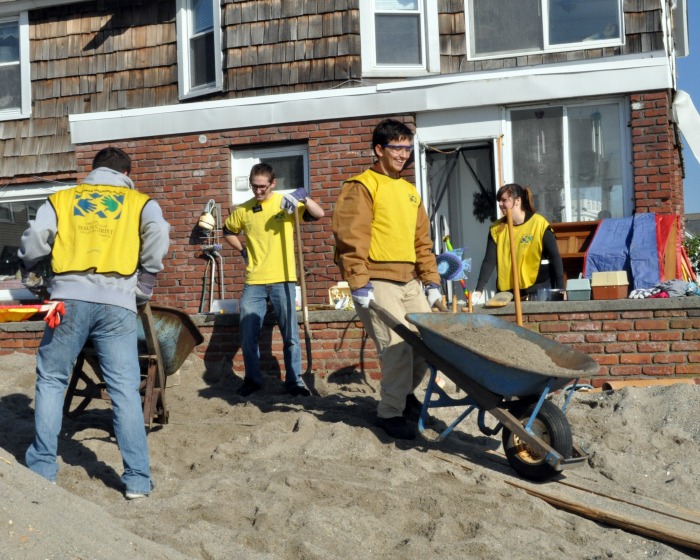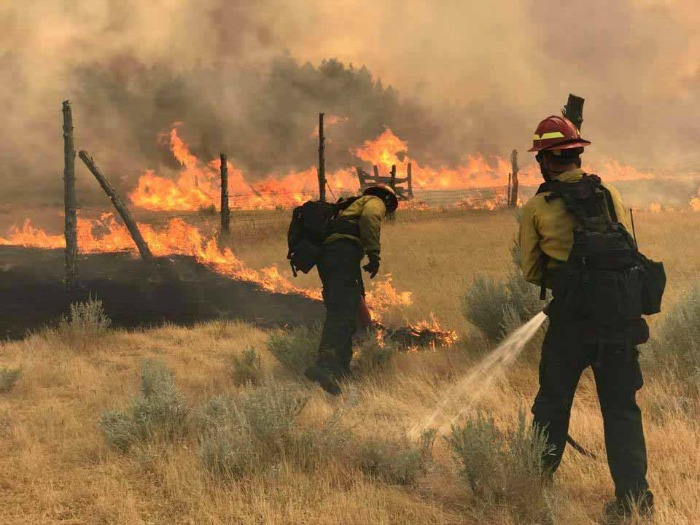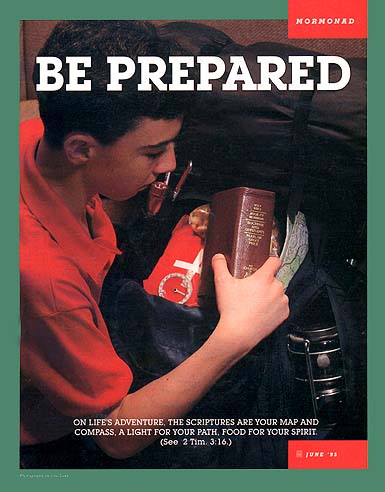
On the last day of the month, I felt it ironically appropriate to acknowledge that September is National Preparedness Month.
In a strange twist of fate, the world saw an alarming number of natural disasters in August and September which have left thousands upon thousands of people, from Washington to Mexico, homeless and without basic necessities. We have also seen an admirable outpouring of support and service from countless individuals and organizations around the country.

The Church of Jesus Christ of Latter-day Saints has established a reputation for being one of the first on the scene when disaster strikes. I am unaware of any religious organization that emphasizes preparedness, and coming to the aid of our neighbors in need, as much as the LDS Church does—but I am neither the first nor will I be the last Mormon to admit that I could do much more to prepare myself and my family for the unexpected.
Create a Culture of Preparedness
Brock Long, the recently appointed Director of FEMA, had this to say about preparedness:
“I think that the last 35 days or so have been a gut check for Americans that we do not have a true culture of preparedness in this country. And we’ve got a lot of work to do. Whether it’s in education and being ready, it’s not just saying, hey, have three days worth of supplies ready to go. It’s greater than that. It’s also people having the finances and the savings to be able to overcome simple emergencies. We have to hit the reset button and create a true culture of preparedness starting at a very young age and filtering all the way up.”
Mr. Long’s words echo the repeated warnings of Church leaders to prepare ourselves for the calamities, spoken of in scripture, that mark the last days. By and large, I think many members of the Church are making good efforts to follow that counsel (my in-laws have one of the most extensive and best-organized supplies of food I have ever seen)—but according to some experts, these efforts are sometimes short-lived, or focused on the wrong commodities. Apparently, there is a disconnect between storing supplies and having a “true culture of preparedness.”

Living in the relative ease and comfort of modern times, I think many of us (myself included) occasionally forget to remain vigilant and diligent in our efforts to prepare. I believe that this is partly due to the volume of information available to us. When your news feed is filled with headlines about protests and rioting, genocide, multiple wars, cyber attacks, political corruption, economic collapse, famine and water shortages, and natural disasters, a lot of it begins to lose its shock value.
The other part is due to our own distraction. I know that I am not the only one to discover, upon reflection, that I have been “slothful”—without any intent to do so. Most of us fail to do the things we should because we procrastinate, not because we disbelieve what we are taught. Immediate needs (or wants) are the perfect distraction from long-term necessities.
Recent events give us ample reminder of the importance of preparedness—for all kinds of calamities. The Church’s emergency preparedness page provides links to numerous resources—scriptures, the teachings of general authorities, and guides for collecting food storage, managing finances and avoiding debt, and increasing self-reliance.

As the last days roll on, we understand that some of the greatest calamities we will face in this world are spiritual. Far more often than any natural disaster, I see friends and acquaintances who let their testimonies sour and turn their backs on the Church. After all the physical planning we can do, Elder James J. Hamula says that “there is no more essential preparation for the great day of the Lord than heeding [the Savior’s] call to repent and be sanctified” (Commandments, Calamities, and the Second Coming).
We know that things will not get easier as the Second Coming draws nearer. I think I speak for many when I say that, when the time comes, I want to be ready for whatever may happen. If we make the necessary preparations, we “shall not fear” (Doctrine & Covenants 38:30)—not just because we have our emergency blankets, but because we will have the Lord by our side, too.





